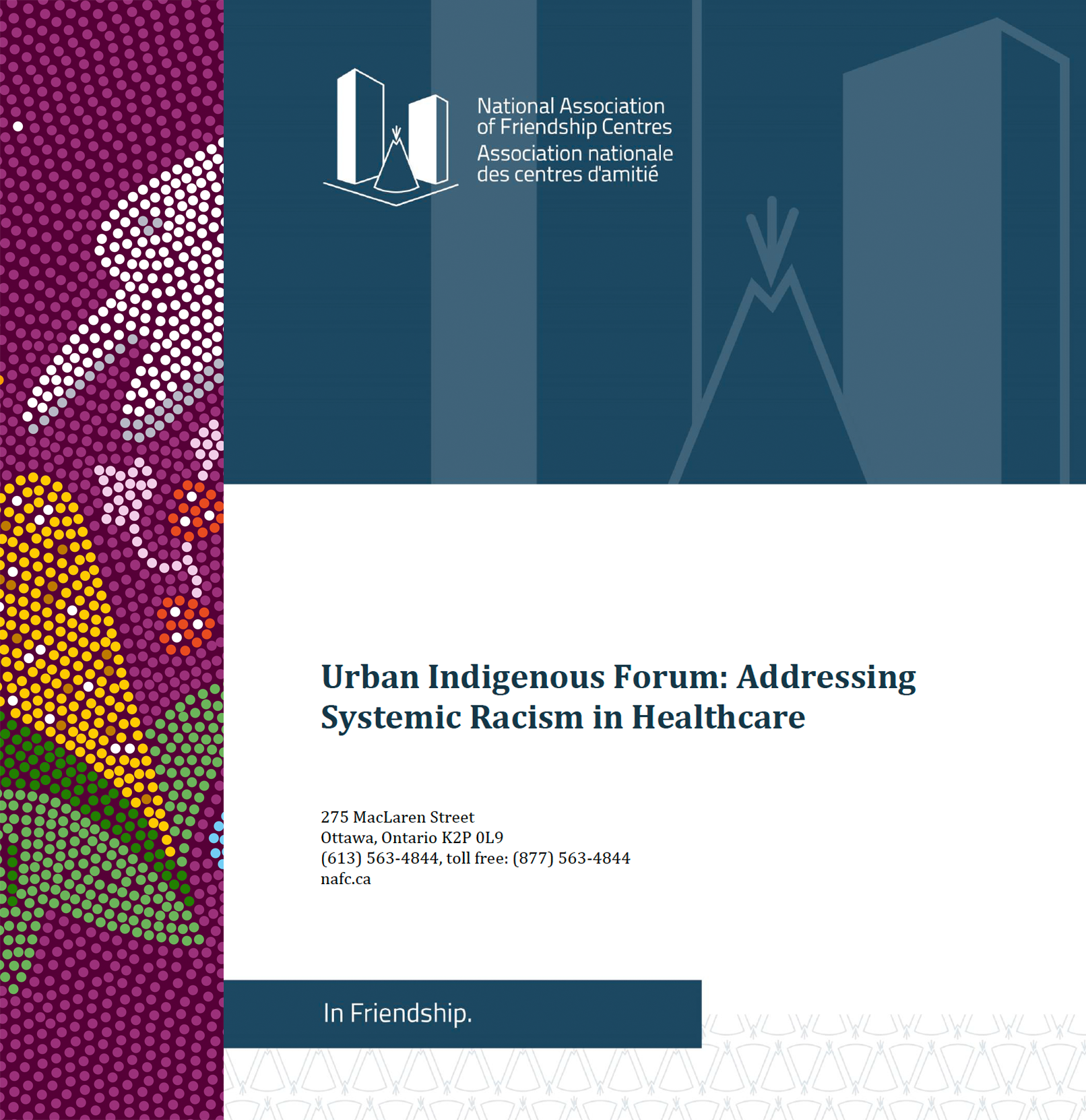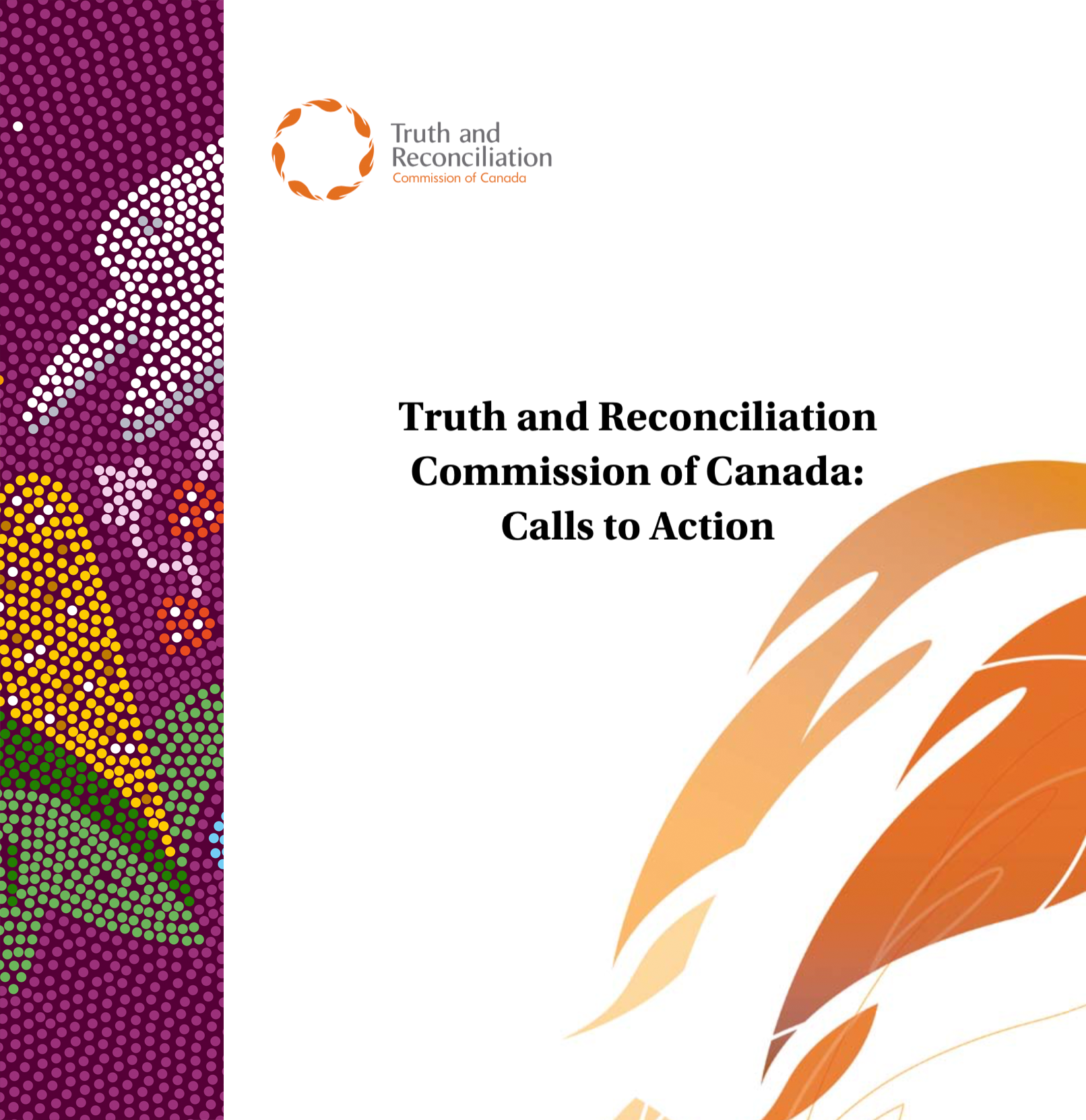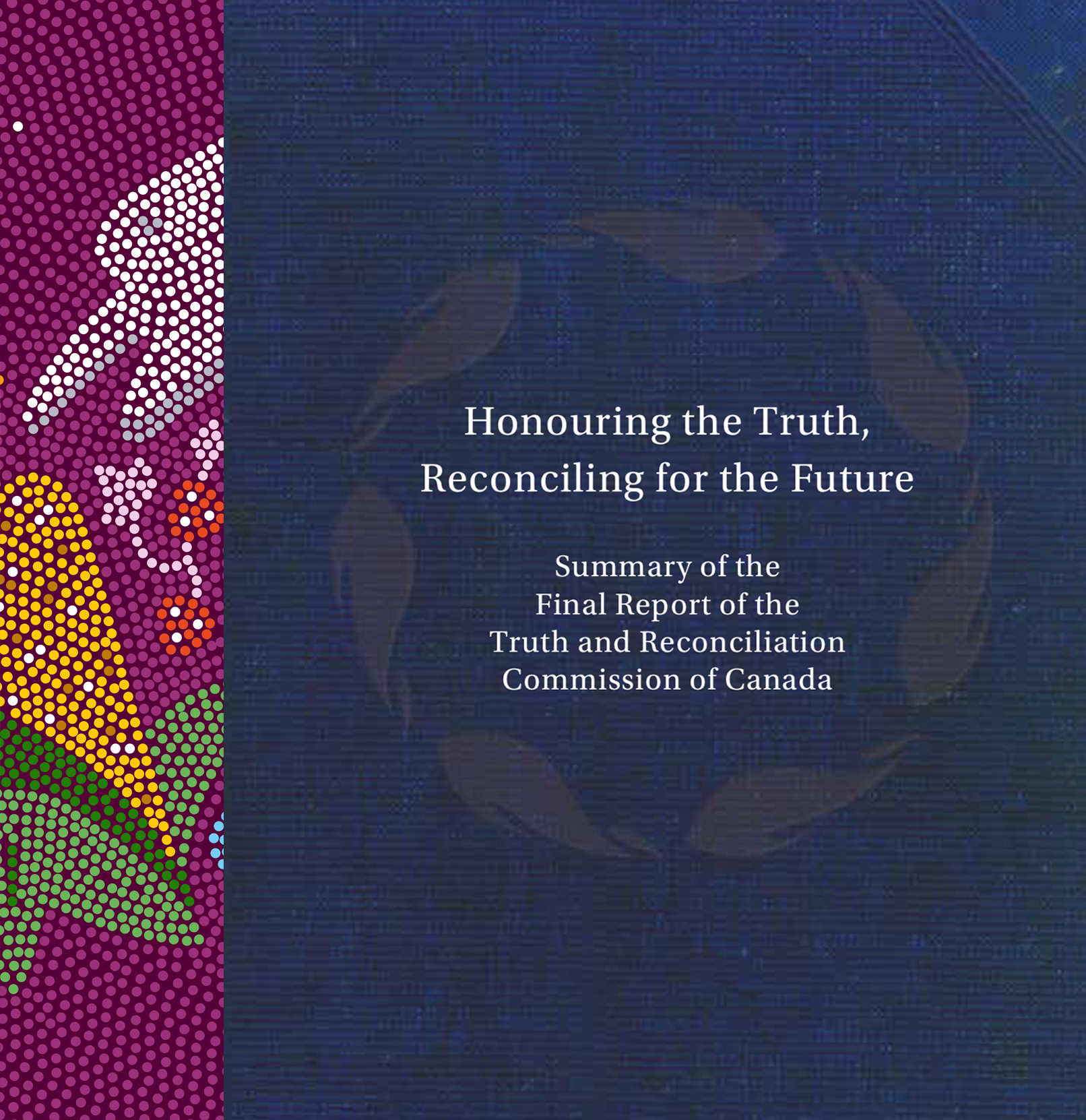Source: Yellowhead Institute
Year: 2020
“It has been just over one month since the World Health Organization declared COVID-19 a global pandemic, calling for urgent and aggressive action to combat the disease and the virus that causes it. Public health responses have focused on flattening the curve to reduce the burden on healthcare systems and reducing transmission rates. Calls for people to self-isolate and practice social/physical distancing have operated alongside demands that we as a society work collectively to protect those who are most vulnerable. These are critically important actions to take.”



















